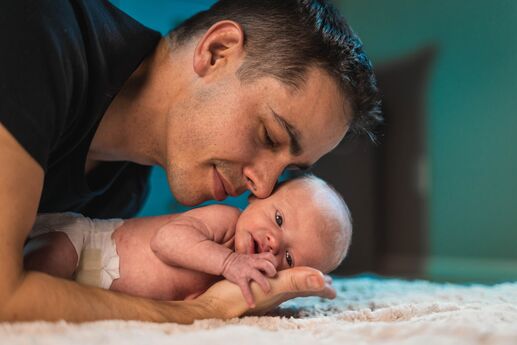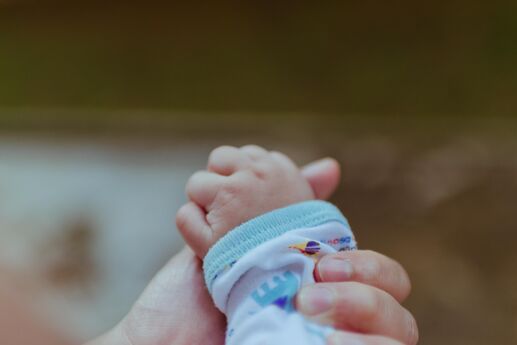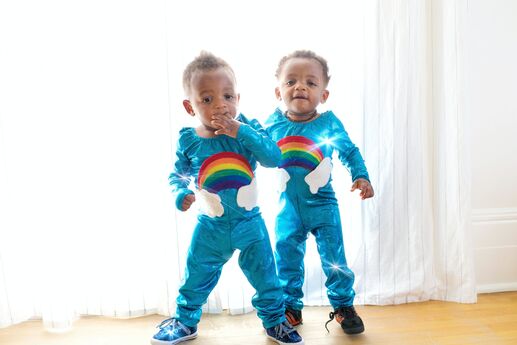New Dad Duty: How To Help Mom Post Birth
“Honey, I feel like you’re doing all the work,” I said, plopping down on the couch next to my wife as she breastfed our newborn, Henry.
A slow smile came across Caitlin’s face as she gestured to the tray of drinks and food that I’d carried upstairs. “Do you realize how much this helps me?” she responded. “I’m thirsty and hungry all the time, but so is Henry, and I can’t find even two minutes to go to the kitchen!” And then she stuffed a peanut butter sandwich into her mouth.
When we brought my son home, I felt that I wasn’t needed by Henry the way he needed his mother. But with one tray of food, I realized that I played a pivotal role as a new dad: my family’s provider and protector. Through my support and love for my wife, I could help my son be happier and healthier.
Here are six simple, everyday ways new dads can help your first-time-mom wife:
-
Help Her Recover: Childbirth is very hard on a woman’s body. Keep the fridge well-stocked with grab-and-go foods like yogurt and cut fruit, make sure she drinks enough water, and when you do cook meals, make double portions so she can snack on leftovers later.
-
Encourage Rest: Make a ‘baby station’ on the couch. Surround the new mom with pillows, blankets, snacks and drinks, and anything the baby will need. Encourage her to rest -- chores can wait.
-
Be Her Bouncer: Your partner may not want others to play ‘pass the baby’ when she’d rather be bonding with her newborn. If she is trying to establish a breastfeeding routine, visitors can be particularly disruptive. She also may find well-meaning family members and friends’ constant advice to be annoying. She may be too tired or sore to handle it, so be sure to ask others for alone time when your partner or baby clearly needs a break.
-
Bond with Baby: Diaper changes and baths are amazing opportunities to bond with your baby -- and give your partner a chance to rest. Don’t wait for her to ask you to do these things; if you catch a whiff of a dirty diaper, be proactive and change the baby right away.
-
Get Her Out of the House: If your partner is able and willing to leave your newborn for a few hours, book her an appointment for a post-natal massage or a manicure. If leaving the baby isn’t a realistic option, give her an at-home break. Ask your wife’s best friend to come over with takeout, and do as much of the baby care as possible while the ladies catch up.
-
And Last, But Not Least…: Tell your her she’s beautiful. Tell her she’s a great new mom. Tell her that you’re amazed by everything her incredible body is able to do. Give her a hug, hold her hand, and gaze into her eyes. The little gestures mean a great deal to a new mother.
Photo by Jimmy Conover on Unsplash







